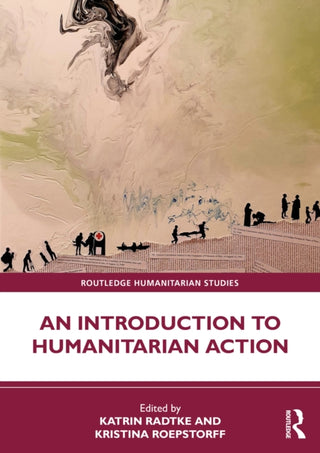-
This important new textbook provides a concise and practice-oriented introduction to the workings of the humanitarian sector and the key contemporary debates surrounding it. The number of people around the world in need of humanitarian action and protection is at its highest figure in decades; yet at the same time, the humanitarian system is facing numerous problems and undergoing fundamental reforms. This book invites us to tackle these challenges head on, addressing the increasing complexity of humanitarian crises and the implications for humanitarian principles and standards as well as the management of humanitarian projects. Expansive in scope, the book covers: The sectors historical foundations and the need to decolonise The main types of crises and sectors of humanitarian response State and non-state actors and institutions The key rules, norms, and project management approaches Key trends and challenges, including access, innovation, and anticipation The book also covers important debates on localisation, inclusive programming, and the decolonisation of the humanitarian system. This exciting new textbook will be an important read for students looking for a comprehensive introduction, as well as for practitioners wanting to stimulate critical thinking and enhance their practical skills.
This important new textbook provides a concise and practice-oriented introduction to the workings of the humanitarian sector and the key contemporary debates surrounding it.
The number of people around the world in need of humanitarian action and protection is at its highest figure in decades; yet at the same time, the humanitarian system is facing numerous problems and undergoing fundamental reforms. This book invites us to tackle these challenges head on, addressing the increasing complexity of humanitarian crises and the implications for humanitarian principles and standards as well as the management of humanitarian projects. Expansive in scope, the book covers:
The sectors historical foundations and the need to decolonise
The main types of crises and sectors of humanitarian response
State and non-state actors and institutions
The key rules, norms, and project management approaches
Key trends and challenges, including access, innovation, and anticipation
The book also covers important debates on localisation, inclusive programming, and the decolonisation of the humanitarian system. This exciting new textbook will be an important read for students looking for a comprehensive introduction, as well as for practitioners wanting to stimulate critical thinking and enhance their practical skills.

